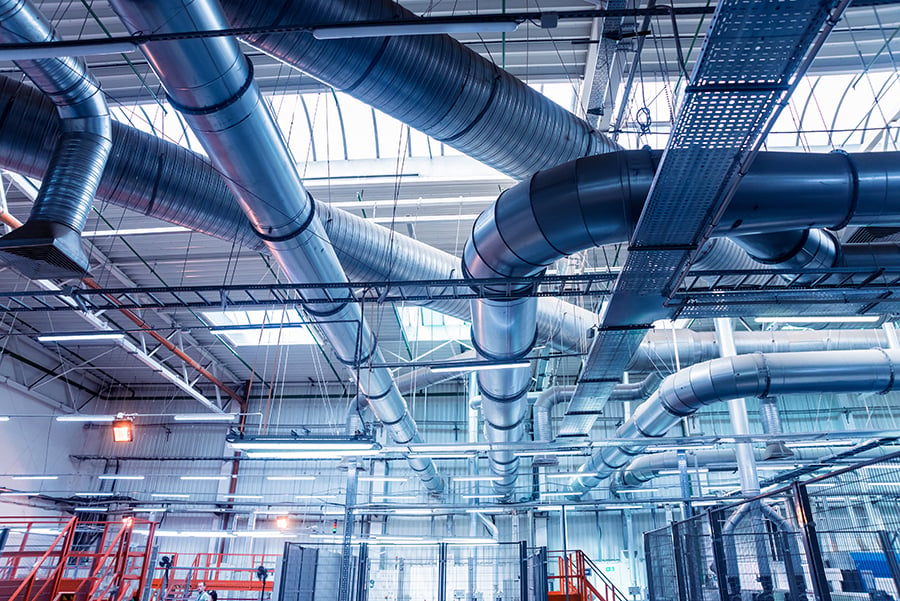Even if you've already secured many commercial leases for office space, the prospect of leasing industrial space can be intimidating. Often, the people responsible for the process have never worked in an industrial environment before and feel as if they are entering uncharted territory. Keeping these tips in mind can make leasing industrial space easier and much less intimidating.
1. Know Your Equipment Before You Begin
An industrial space won't do you any good if it can't accommodate the vehicles and machinery that will be used in the space. Before you even begin your search, take the time to learn the specs of the equipment. This will make it much easier to evaluate the suitability of industrial buildings.
2. Consider Ceilings, Floors and Doors
You may not think much about the ceiling and floors in an office, but you can't afford to gloss over them when considering an industrial building. Make sure the ceilings are high enough to accommodate your equipment and warehouse shelving, and the floors are strong enough to support the weight of not only your machinery but also your workers and any items that you'll be storing onsite. Also, ensure that doorways provide adequate clearance for forklifts and other vehicles that need to move through the building.
3. Think Like a Logistics Expert
Think about how raw materials and finished goods will flow in and out of the building. Do the parking lot and loading dock have enough clearance for the trucks you'll be using? Does the loading dock provide enough room for your workers to easily maneuver?
4. Don't Forget Electricity and Connectivity
Wiring can vary from building to building so be sure to find out if the ones you are considering are compatible with your equipment. Also, consider how many electrical outlets are already available. Walk through the space with your smartphone to look for dead zones that may interfere with the use of mobile devices and other equipment that relies on wireless connectivity.
5. Analyze How You'll Use Your Space
Make sure you think beyond the primary purpose of the industrial space to consider what other functions the building will serve. Will you need offices for management? Break rooms? A large amount of storage space?
6. Evaluate the Controls in Place
Find out everything you can about the environmental controls in a building. Will your workers be able to work comfortably year-round? Does the space meet your requirements for temperature and humidity controls? What fire suppression and anti-theft security systems are already in place in the building to protect your employees and your property?
7. Go Beyond the Building
It's not uncommon for industrial buildings to be set in more remote areas, so you'll need to consider the location of prospective properties. How long will it take your employees to commute? Are there any restaurants, stores and services near by?
8. Enlist the Help of a Pro
Tenant representative brokers can be a valuable resource throughout the leasing process. Not only can they help you evaluate your needs and then find you the best buildings to meet your requirements and fit your budget, but they will also act as your advocate throughout the negotiation phase of leasing.
Here are a few other articles we know you'll enjoy:
What to Know About Rent Escalation Clauses
What is a Tenant Improvement Allowance?
What is Rent Abatement & What You Should Know
Subscribe for more Commercial Real Estate tips!







